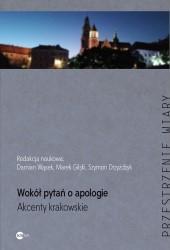Michal Heller’s apologia for transcendence as the cognitive boundary of the practice of modern science
Synopsis
This paper explores the concept of transcendence in the thought of Michał Heller, emphasizing its crucial role as a cognitive boundary for contemporary science. Heller defends rationality, but not in the limited sense of rationalism. Instead, he opens it up to what transcends human cognitive capabilities. His defense of rationality, closely tied to the Christian notion of the Logos, also serves as a defense of Christianity, where rationality is fundamental. In this view, science does not lead to full knowledge of transcendence but directs human inquiry toward it, giving scientific exploration a deeper existential dimension. Heller argues that the search for meaning in the immanent world finds its ultimate justification in Divine Transcendence, creating space for spirituality within the scientific context. His thought, which bridges the gap between science and faith, is particularly relevant in today’s world, dominated by scientific thinking. Heller demonstrates that rationality does not exclude transcendence but rather assumes it, offering a fresh perspective on faith in an age ruled by science. His approach, transferring the apophatic strategy into the realm of scientific inquiry, becomes the „true Adventure of Rationality”, allowing science to coexist with the metaphysical dimension of Christianity.



